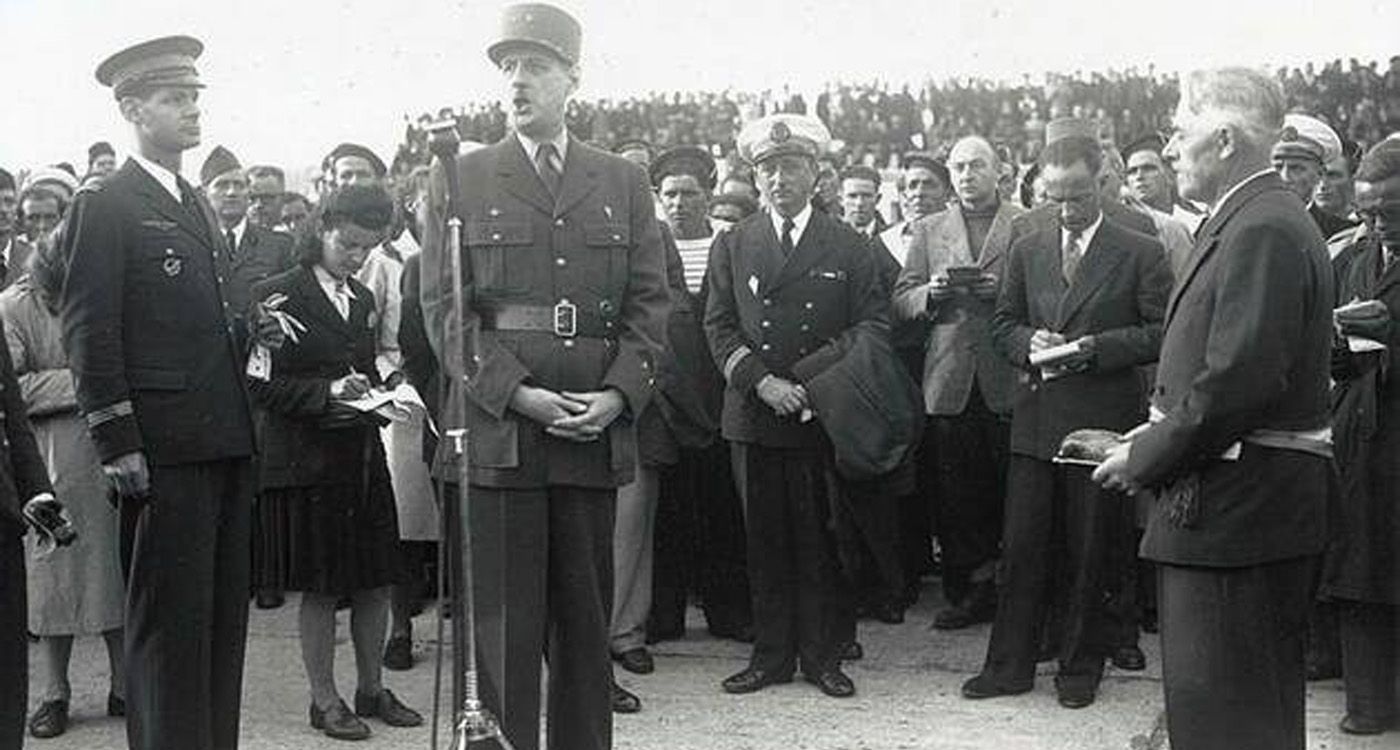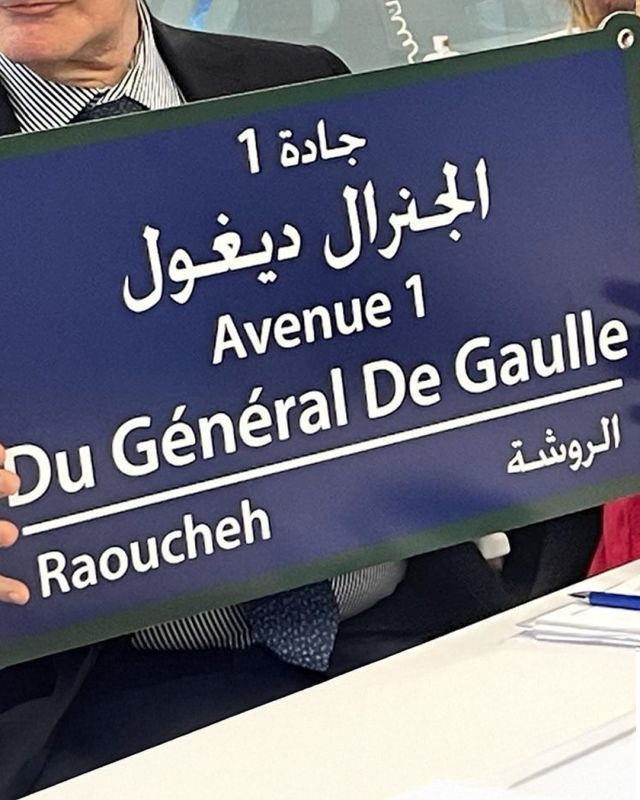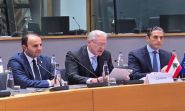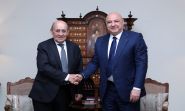
Before becoming the leader of Free France, the founder of the Fifth Republic or the symbolic figure of Gaullism, Charles de Gaulle was an officer stationed in the Levant, where he lived, commanded, observed. Lebanon always held a special place in his worldview—a relationship shaped by history, war and a certain idea of France.
Between 1929 and 1932, Commander Charles de Gaulle was stationed in Lebanon. He served at the General Staff headquarters in Beirut, assigned to the 2nd Bureau, the French Army’s intelligence division. He trained troops, wrote, analyzed and observed. He also discovered a pluralistic country, where religious communities, local traditions and foreign influences coexisted… This stay was very insignificant as it deeply influenced his vision of the Levant.
On July 31, 1931, he delivered a speech at Saint Joseph University in Beirut. Addressing Lebanese youth, he spoke about the principles of statehood, institutions and justice. “You will have to create and nurture a public spirit... No state without sacrifice.” A speech that still resonates today. It already reflected a conviction: Lebanon is not a country like any other. In his eyes, it was a laboratory of balance, a model of coexistence. He would later say, “It is the only place in the world where Islam and Christianity have succeeded in living together, thanks to its political institutions.”
A Complex Vision of Independence
In November 1941, acting in the name of Free France, General Georges Catroux proclaimed Lebanon’s independence. However, the move did not take full effect until 1943, and French troops remained in the country until 1946
Charles de Gaulle’s position on this independence is often seen as ambivalent. He recognized it, under British and international pressure, but intended to maintain close ties between the two countries. “De Gaulle recognized independence, but not as a rupture,” explains Georges Nour, president of the Association for the Preservation of General de Gaulle’s Heritage in Lebanon. “He saw it as a guided independence, in which France would continue to play an active role.”
This role was expressed through language, education, Francophonie, religious ties and military agreements. For him, Lebanon remained a strategic foothold in the region. He also saw the country’s diversity as a strategic strength. “He believed the Lebanese people’s ability to coexist, trade and negotiate made them essential in a changing Middle East,” adds Georges Nour.
A War Within the War
Before the recognition of independence, another episode marked the French presence in Lebanon: the Syria–Lebanon campaign in 1941. For over a month, troops loyal to Vichy France clashed with De Gaulle’s Free French Forces, backed by the British. This battle between two Frances, on Lebanese soil, left its mark. And in May 1945, while Europe celebrated the victory over Nazi Germany, tensions remained. Some accounts mention clashes, repression and skirmishes between French soldiers. But in Gaullist memory, these events occupy a marginal place. “People talk more about the General’s role in recognizing independence than about the tensions that followed,” admits Georges Nour.
The Charles de Gaulle Foundation prefers to emphasize his role as a guarantor of national sovereignty and his desire to maintain a lasting, respectful relationship between France and Lebanon.

An Emerging Arab Policy
Later, in the 1960s, De Gaulle broadened his vision to the entire Arab world. He distanced himself from automatic alignment with the United States, developed a policy of dialogue with Arab countries, criticized Israeli policy after 1967 and positioned himself as a mediator between blocs. This orientation further enhanced his standing across the region, and particularly in Lebanon, where his enduring view of the country—as a place of balance, culture and potential—resonated strongly.
Even today, his name echoes in the streets, on buildings and in memories. But for some, this memory goes far beyond symbolic tributes, “Charles de Gaulle is a Nation, not just an airport, a square, a street or an avenue,” insists Georges Nour, president of the Charles de Gaulle Foundation, remindung people that his legacy is not just engraved on plaques, but lies in a strategic vision, a lasting presence and a political philosophy.
Beyond the myth, this article aims to recount that precise history—that direct relationship and multi-year presence (military, diplomatic, symbolic). Not to freeze an image in time, but to understand a journey. That of a man, an era and the bond between two nations.
Timeline: The Syria-Levant Campaign (1941)
- June 8 – July 12, 1941: The Levant becomes a battlefield between Vichy French forces and the Free French.
- June 8–13: Australian forces enter Lebanon through Tyre. First clashes take place in Saida and Marjayoun.
- June 21: Damascus is declared an open city.
- July 9: Damour falls, opening the road to Beirut.
- July 14: The armistice is signed. Vichy soldiers must choose: return to France or join the Free French.
Sources: Paul Gaujac, Maurice Albord, J. Le Corbeiller, Éric de Fleurian – Les Tirailleurs




Comments